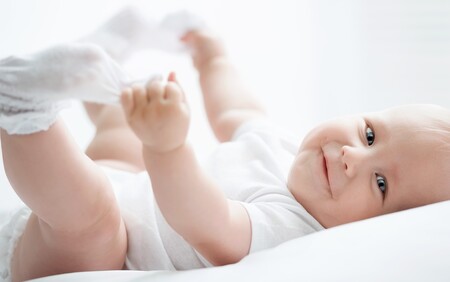Age & Fertility
The single most important factor influencing a couple’s chance of conceiving is a woman’s age.
Once you turn 36, your chance of conceiving naturally is halved compared to your chance at 20 years of age. At the age of 41, this chance falls to just 4%.
What does a woman’s age matter?
Ageing of the ovaries is part of the normal ageing changes that affect all organs and tissues. Most women have about 300,000 eggs in their ovaries at puberty. For each egg that matures and is released (ovulated) during the menstrual cycle, at least 500 eggs do not mature and are absorbed by the body. By the time the woman reaches menopause (usually between 50-55 years) there are only several thousand eggs remaining. As a woman's age increases, the remaining eggs in her ovaries also age, making them less capable of fertilisation and successfully implanting.
Complications associated with age
Furthermore, advanced maternal age is associated with an increased risk of congenital abnormalities in any resulting children. The risk for women aged 20 years is 1/500 while the risk for women aged 45 increases to 1/20.
The risk of miscarriage is also increased with age (e.g. the risk of miscarriage at age 25-29 years is 10% while the risk at age 40-44 is 34%).
Gynaecological problems such as pelvic infection, tubal damage, endometriosis, and fibroids also tend to increase with age.
Male fertility & age
It's not just female fertility which is affected by age, but also men's - although to a much lesser degree. Age affects sperm and coital frequency. Advanced paternal age can increase the risk of autosomal dominant diseases such as Marfan’s syndrome, neurofibromatosis and achondroplasia. However, unlike women, there is no maximum age limit at which men are not capable of conceiving a child.
When to seek help?
If you have been trying to conceive for more than 12 months (or 6 months if you are over 35 years of age) without success, we recommend you book an appointment with a fertility specialist who can conduct some simple fertility tests.
Find out more about female infertility >
Find out more about male infertility >
Find out more about fertility tests >
